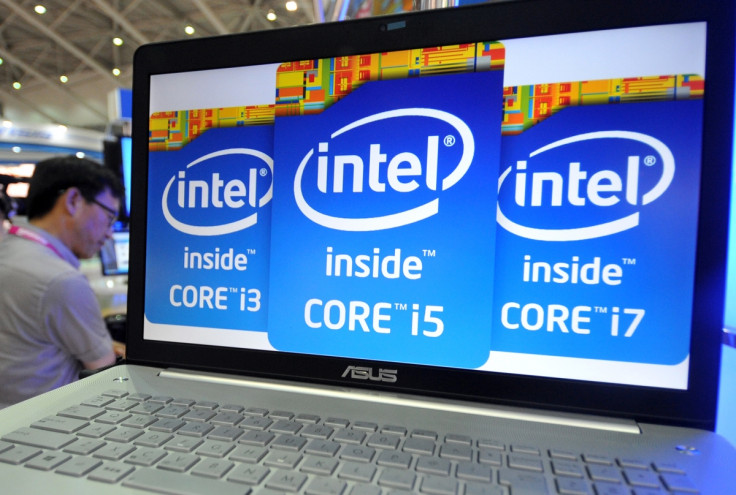Intel to cut 12,000 jobs as it shifts focus to data centre and Internet of Things

Intel will eliminate up to 12,000 jobs accounting for 11% of its workforce globally, the company said in a statement. The cuts are part of the company's restructuring exercise as it evolves from a PC company to one engaged in connected devices. The restructuring plan was made public during the company's first quarter earnings announcement.
"Our results over the last year demonstrate a strategy that is working and a solid foundation for growth," said Intel CEO Brian Krzanich in an email to Intel employees. "The opportunity now is to accelerate this momentum and build on our strengths."
"These actions drive long-term change to further establish Intel as the leader for the smart, connected world," he added, saying: "I am confident that we'll emerge as a more productive company with broader reach and sharper execution."
Intel said it plans to increase investment in products and technologies to accelerate revenue growth. It wants to focus on its data centre, Internet of Things (IoT), memory, connectivity businesses and other segments.
The data centre and the IoT business are Intel's primary sources of revenue, which delivered $2.2bn (£1.53bn) in revenue in 2015, and were responsible for 40% of revenue. Intel hopes to save $750m in 2016 with the annual savings rate accounting for $1.4bn by mid-2017. It also hopes to post a charge of about $1.2bn in the second quarter of 2016.
Since the late 1980s, Intel has been supplying chipsets for PCs. Intel along with Microsoft managed to generate huge revenue from this segment. But both the companies failed to gain a strong foothold in the mobile market, which was dominated by chips from ARM. Neither Intel nor Microsoft could counter the fundamental changes, states a Wall Street Journal report.
Meanwhile, PC sales began to decline since Apple's iPad lineup emerged in 2010. Sales again dropped nearly 10% in the first quarter of 2016. The continuing decline forced Intel to shift its focus to its data centre and IoT.
Tech analyst Rob Enderle of Enderle Group said: "They've looked at the decline of the PC market and clearly decided that they are going to put most of their effort elsewhere."
© Copyright IBTimes 2025. All rights reserved.




















